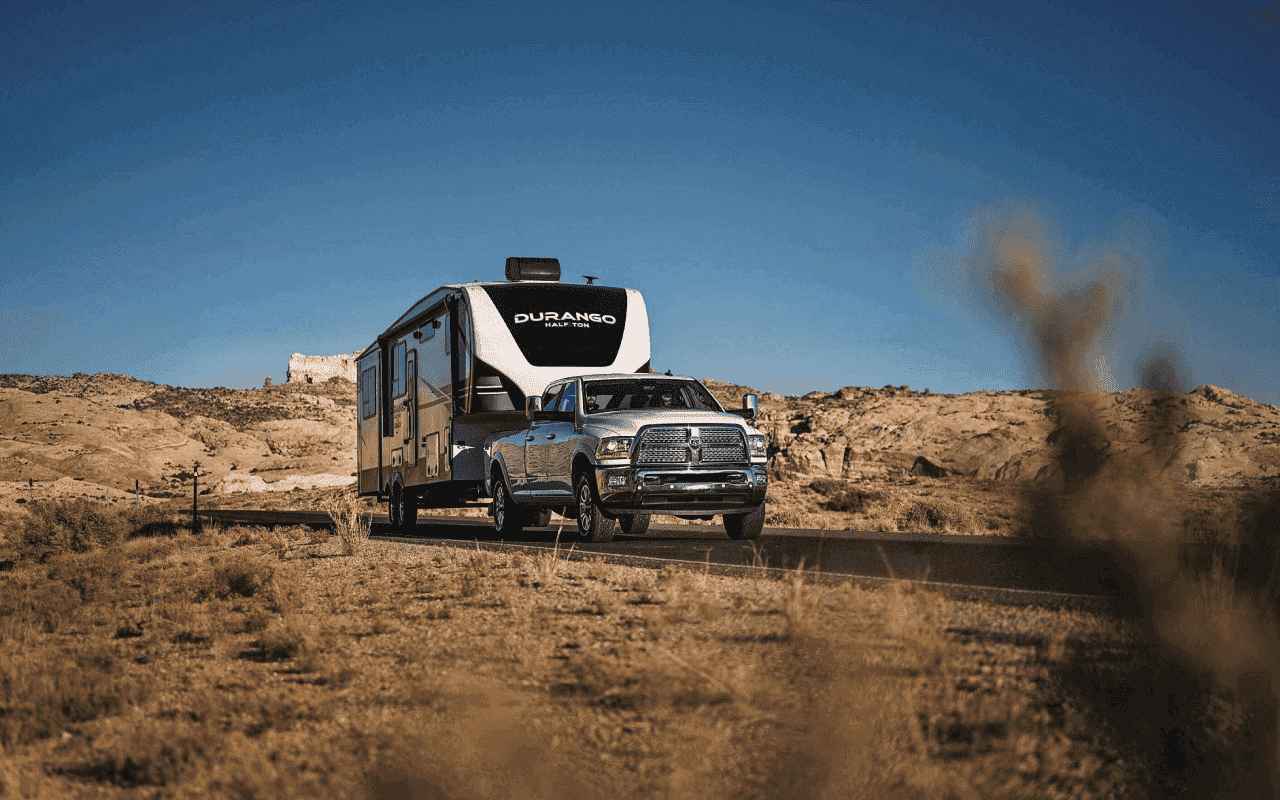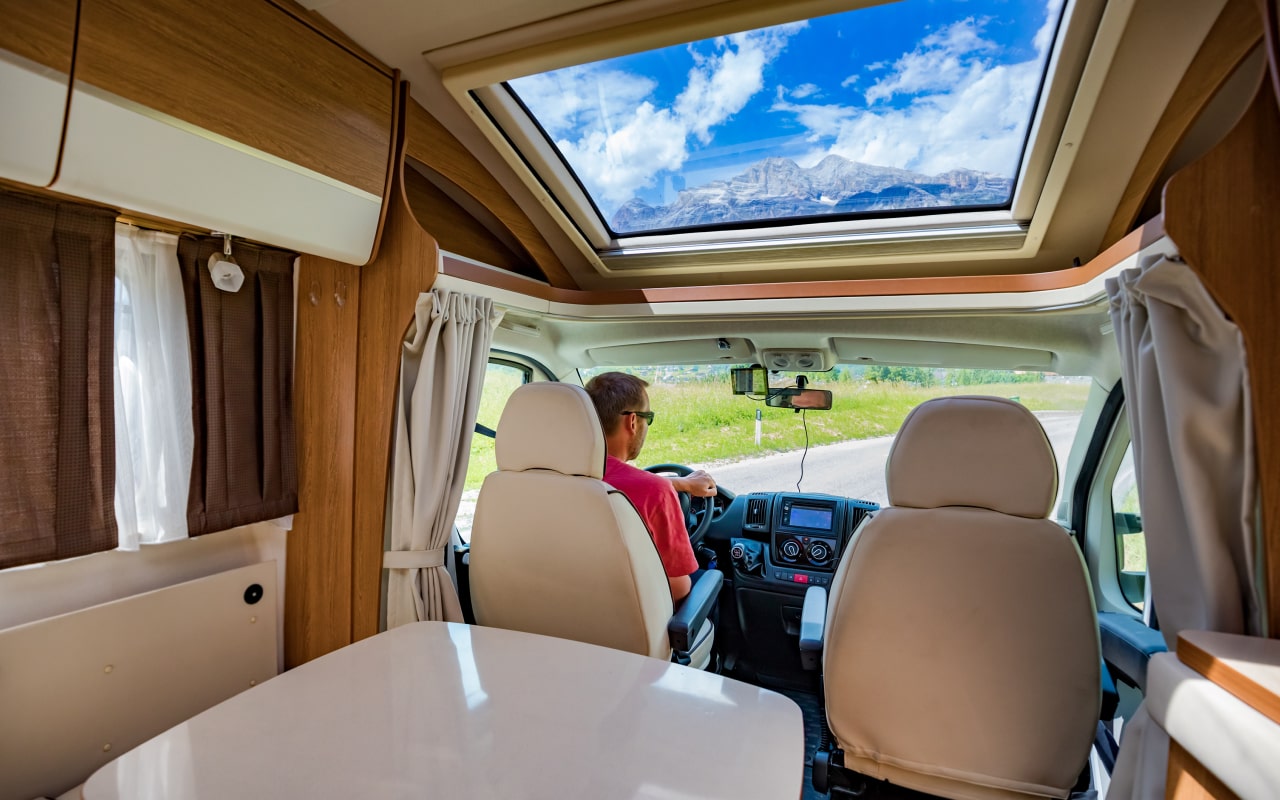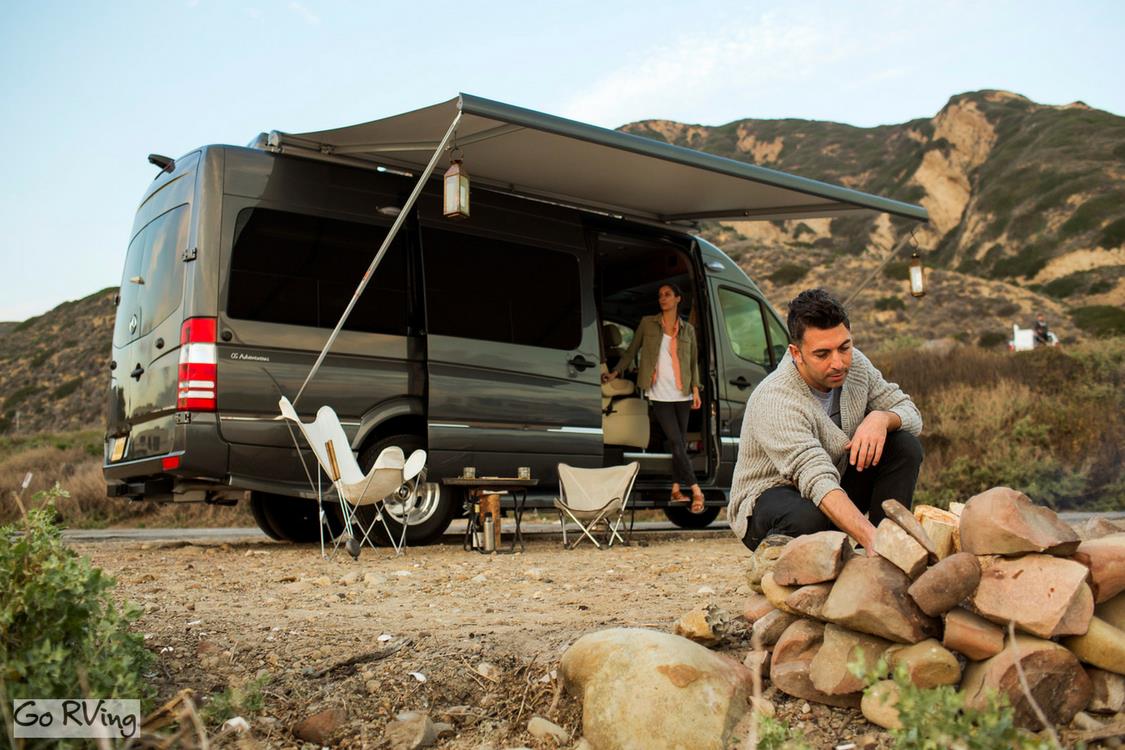
Recreational vehicles (RVs) can vary dramatically in price. From a compact, pre-owned travel trailer to a new, luxury Class A motorhome, RVs can cost anywhere from tens of thousands to hundreds of thousands of dollars. Yet, price isn’t the only thing you’ll need to consider when purchasing an RV. It’s also important to take into account financing and insurance.
Here are some of the questions you’ll want to ask
yourself before purchasing an RV:
FINANCING
1. How much can I afford to put down? To finance an RV most lenders require about a 10-20% down
payment. A larger down payment usually means smaller monthly payments and
potentially better RV loan rates.
Because RVs are considered luxury items, in order to acquire a loan, you’ll
need to have pretty good credit. If your credit history is shaky, however, you
may still be able to secure a lender, if you can present a large enough down
payment.
2. How much can I afford as my monthly payment? It’s important to
consider that an RV is a long-term investment. RV loan terms directly affect the monthly payment, so
securing loan terms that fit with your larger financial plans is paramount. You
can use our Lazydays monthly
payment calculator to determine what your monthly payment might look like
for the model you’re considering.
3. How much does that leave me with each month to actually use my RV? RV financing and insurance are not
the only things to consider. You'll obviously want to be able to enjoy your new
RV, and that means budgeting for trips. Calculate the distance you will want to
travel during a vacation and estimate how much that will cost in terms of gas, camping
costs, maintenance, food, entertainment and other personal expenses. Be sure to
budget some extra money for emergencies and unexpected detours. You never know
where the road might take you.
4. What's the term length and interest rate? Most RV loan terms span ten
to fifteen years, but for more expensive models, they can be longer. Once you
determine the length of a loan and the interest rate, calculate how much total
interest you will pay by the end of your loan term. Make sure to add this
amount to the ticket price when making a final decision on an RV.
INSURANCE
1. What am I actually covered for? You have
a wide range of choices when it comes to coverage. Basic liability insurance,
comprehensive insurance (which covers additional contingencies such as fire or
theft), collision coverage, vacation liability (which cover incidents that
occur while the RV is stationary as opposed on the road), and roadside
assistance are all possible options. You can insure an RV through traditional auto insurance, but we highly
recommend investing in insurance that is tailored specifically to RVs so you
can have the best coverage for your needs. Lazydays is an independent RV
insurance agency with more than 30 years of specialized motorhome insurance
experience that can help you get the ideal coverage for your RV.
RV insurance has the advantage
of covering the additional risks that come with RV use, such as damage from
cooking (for example, if a grease fire occurs), coverage of personal items
inside the RV that may be damaged or stolen, and liability for damage to other
people's property when camped in an RV park.
2. Should I consider add-on coverage? You can tailor RV insurance to the specific usage of your vehicle. Some examples of add-on coverages are: campsite liability plans, full-time RV living plans, or suspended collision coverage if your RV will be immobile for long periods of time.
Lazydays also offers various protection plans that can help save you money in the long run, such as Coachnet emergency roadside assistance, extended warranty and service plans, GAP insurance, Tire Hazard Protection, and ECO Exterior Paint and Interior Fabrics protection.
RVs are often one of the most valuable assets a family has, so we recommend buying the best protection that you can afford to ensure peace of mind. You can always request an RV insurance quote from Lazydays based on your family’s situation, and decide how much coverage is affordable for you.
3. How is RV insurance different from auto insurance?
As discussed above, RV insurance covers liabilities specific to RVs. In order to qualify for RV insurance, however, a vehicle must have the following amenities permanently attached: cooking appliances, refrigeration, bathroom facilities, heating or air conditioning, a potable water supply system, and a 110–125 volt electrical system. To qualify for travel trailer insurance, there are slightly different requirements.
In summary, RV insurance covers the additional liabilities associated with RV use that would not apply with traditional auto insurance. Because of these added protections, RV insurance rates can be higher than regular auto insurance, but offer more broad coverage.
Our Lazydays RV consultants in Florida, Arizona, and Colorado will work with you to secure the best financing and insurance options available. Feel free to give us a call, request an insurance quote, or visit one of our five locations so that our associates can assist in making your new RV dreams come true.
SHARE YOUR EXPERIENCES WITH US
The RV Authority welcomes your input. If you have an idea for a blog article or would like to write and submit an article about your RV adventures, please click here to email us your suggestions or questions.



